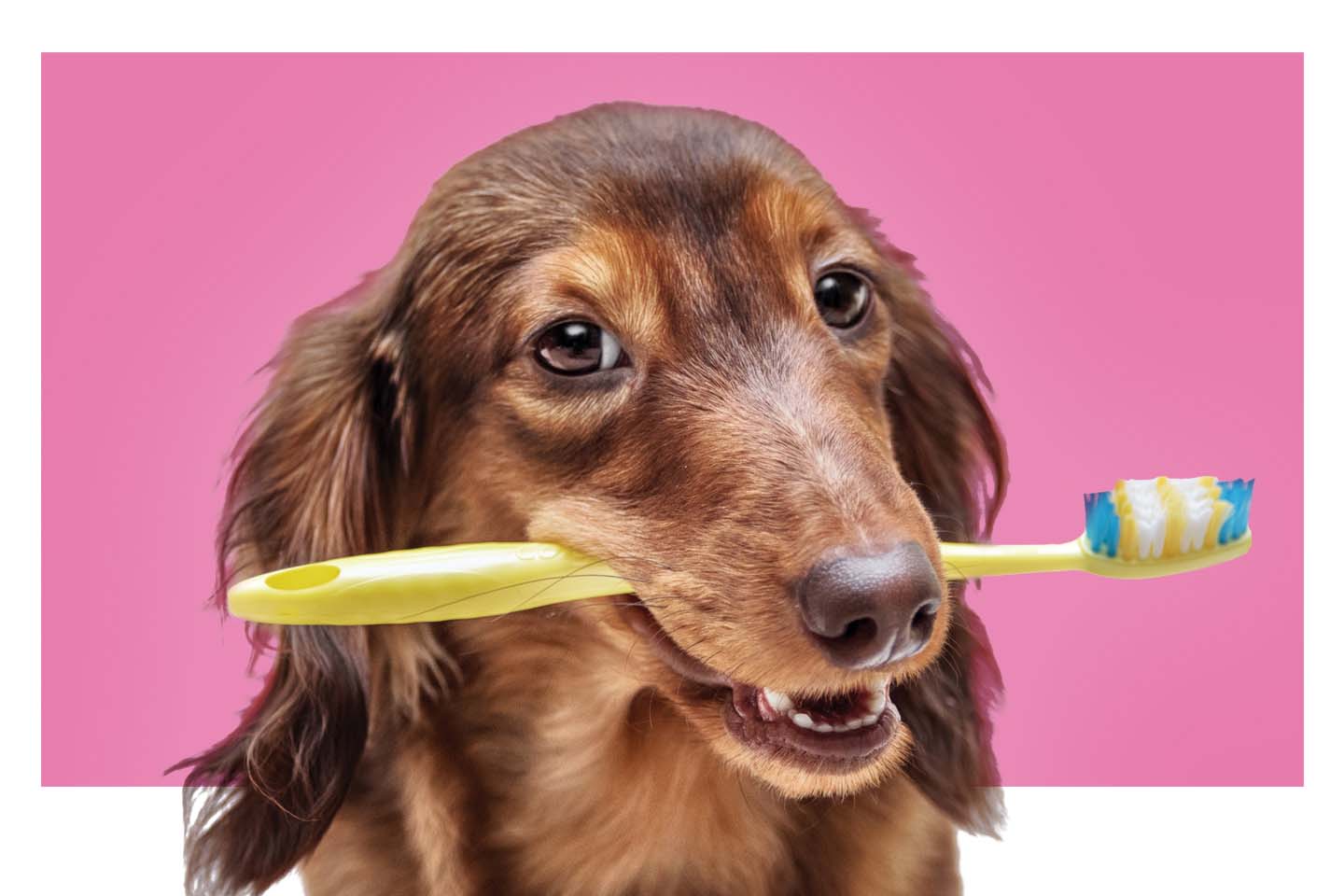Tips for Lifelong Dental Health
It’s really easy to skimp on good oral hygiene. But while we may be able to get away with the bare minimum for a while, poor habits only set us up for bigger problems down the road.
Good oral hygiene begins with two things: 1)brushing and flossing twice daily and 2) seeing a dentist for a check-up and cleaning every six months. However, there are many other things involved with maintaining a healthy mouth. Here are a few important ones.
Using the right tools.
The basics are easy: a soft-bristled toothbrush and a fluoride toothpaste. Still, you need to make sure 1) you’re replacing your toothbrush every 3-4 months or sooner if there’s fraying, and 2) you’re keeping it clean by rinsing it well and storing it upright after brushing.
Taking your time when brushing.
Brushing won’t be as effective if you rush. Dentists generally recommend brushing for at least 2 full minutes – that’s way longer than most people usually take.
Using good technique when brushing.
You don’t have to brush hard. Softly brush up and down your teeth using small circles along the gumline. Be sure to cover the inside and outside of your teeth and even the tongue. Dentists say it’s particularly easy to miss the inside surface.
Getting fluoride.
Be sure you’re getting enough fluoride, a naturally occurring mineral found in toothpastes and mouth rinses that works to strengthen tooth enamel. If your tap water at home doesn’t contain fluoride, talk to your dentist about whether or not you might need a fluoride application on your teeth.
Rinsing well.
After meals, particularly ones that include sugar, take the time to rinse your mouth or chew some sugar-free gum. This will keep damaging bacteria from lingering on tooth surfaces.
Getting sealants.
Sealants are protective coatings applied to your molar teeth at the back of your mouth to prevent decay in the pits. They are extremely helpful in preventing cavities. Talk to your dentist about whether they may be right for you.
Being proactive about problems.
If you experience dental symptoms, don’t wait to contact a professional. Usually, the sooner you can treat problem, the better. Call a dentist right away if you experience tooth sensitivity, tooth pain, puffy and bleeding gums, persistent bad breath, difficulty chewing, a spot or sore in your mouth, and jaw popping.
Expert Advice: Good Care

“Going to the dentist is about far more than getting a cleaning – although regular professional cleanings are an important part of oral health. A dentist will also conduct a full periodontal exam to look for any potential issues and do an oral cancer screening. When it comes to oral care, a little effort now can pay off in major dividends in the long run. We can’t emphasize enough how important it is to treat issues early. With early detection and good dental care from an early age, patients can enjoy healthy teeth and gums for life.”
See Related Articles







